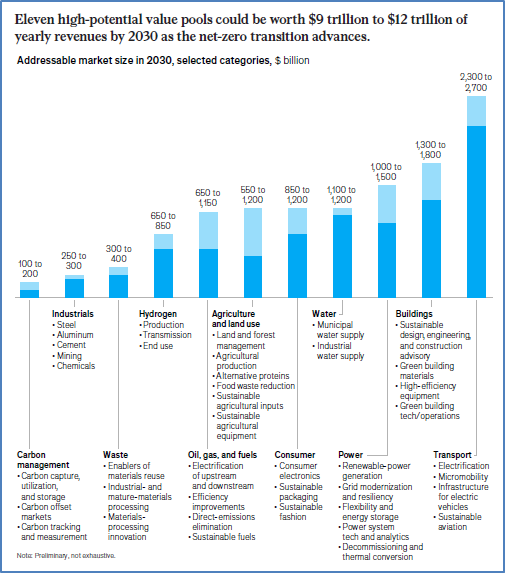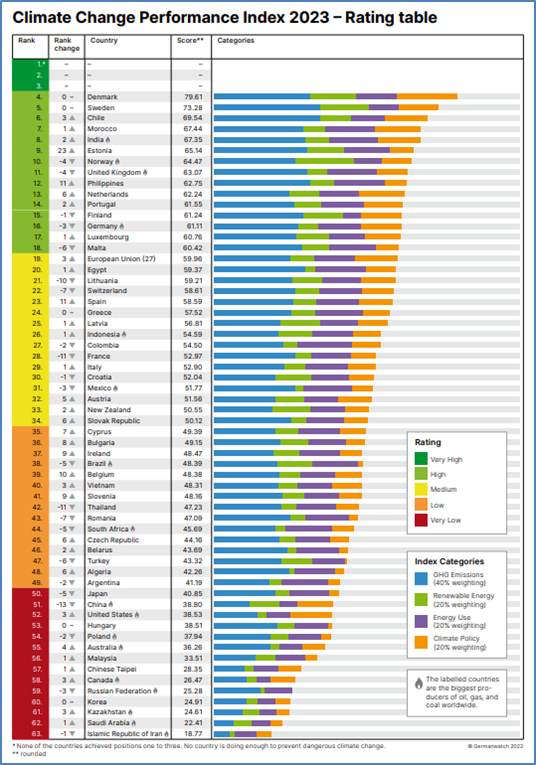Achieving net zero requires public engagement, international cooperation and social equity
NOTE: This is this third of a three-part series that examines the components required to achieve a sensible and affordable transition to net-zero GHG emissions. Part one is here and Part two is here.
Yogi Schulz has more than 40 years of information technology experience in various industries, including the energy industry; his specialties include IT strategy, web strategy and systems project management. His new book, co-authored by Jocelyn Schulz Lapointe, is “A Project Sponsor’s Warp-Speed Guide: Improving Project Performance.”
Achieving net-zero emissions is a critical goal in the fight against climate change. It refers to the balance between the amount of greenhouse gases (GHG) emitted into the atmosphere and the amount removed. To reach net-zero, a comprehensive set of energy transition actions is required:
- Across most sectors of the economy.
- By almost all nations of the world.
- With leadership from various multi-national organizations.
Public awareness and engagement
Building public awareness and support for climate action is essential. Governments, civil society organizations and educational institutions should undertake widespread public outreach campaigns to communicate:
- The urgency of climate change.
- The benefits of transitioning to a net-zero emissions future.
- Individual actions people can take to reduce their carbon footprints. Actions include driving less in smaller cars and taking transit more, and adding insulation and better windows to their homes.
- Correcting or at least not sharing the significant amounts of misleading and erroneous assertions about climate change, the energy transition and the meaning of net-zero. Examples include claims of hoaxes, conspiracy theories and clever articles that mix facts with shaky analysis.
 In the chart at right, McKinsey identifies 11 broad areas of opportunity that will grow as the energy transition to net-zero advances.
In the chart at right, McKinsey identifies 11 broad areas of opportunity that will grow as the energy transition to net-zero advances.
The discussion around addressing climate change through the energy transition has focused almost entirely on cost, disruption and finding someone to blame. The potential benefits of achieving net-zero have received little air time to date. It’s as if saving the planet is considered insufficient.
International cooperation
Addressing climate change requires global cooperation. Air circulation and water courses do not respect country boundaries. Progress toward net-zero will be faster when countries collaborate to share best practices, exchange technology, and provide financial and technical assistance. International agreements like the Paris Agreement, a legally binding international treaty on climate change, provide a framework for countries to work together and achieve their climate ambitions.
The chart below shows how well each country performs against its international climate change commitments.
 Collaboration is always good. However, some countries use gaps in collaboration as a convenient excuse to delay transition action they could take independently.
Collaboration is always good. However, some countries use gaps in collaboration as a convenient excuse to delay transition action they could take independently.
Transitioning to net-zero with social equity
To maintain social support for transitioning to a net-zero emissions future, minimizing inequities imposed on affected workers and communities is crucial. The transition will cause job losses and spawn new industries with new employment opportunities.
Canada will experience job losses in the oil and natural gas industries and gain jobs in electric vehicles, critical minerals mining and the renewable electricity generation industry. Maintaining social equity involves providing retraining programs, income support and job opportunities in new industries including clean energy industries.
Some people have promoted the idea that we should use the energy transition as a vehicle to redress various social issues and inequities. This idea will likely slow the transition as efforts to increase its scope will lead to more disagreements, require consultation and more resources.
While Canada experiences social issues like other countries, we tend to forget that we already operate one of the best social safety nets on Earth compared with other countries. Between large government programs and a large number of dedicated non-governmental organizations, Canada offers a lot.
Achieving net-zero emissions requires a comprehensive approach encompassing all economic sectors and all nations. It demands ambitious, even daunting, actions to decarbonize the energy sector, electrify transportation, improve energy efficiency, promote sustainable land use and agriculture, decarbonize industries, phase out fossil fuel subsidies, invest in research and innovation, foster international cooperation, raise public awareness and ensure a just transition.
By implementing these measures collectively and urgently, we can make significant progress toward mitigating climate change and securing a sustainable future.
Read Managing the net-zero transition, from the BlackRock Investment Institute, for additional analysis related to transitioning to net-zero.
R$
Events For Leaders in
Science, Tech, Innovation, and Policy
Discuss and learn from those in the know at our virtual and in-person events.
See Upcoming Events
You have 0 free articles remaining.
Don't miss out - start your free trial today.
Start your FREE trial Already a member? Log in
By using this website, you agree to our use of cookies. We use cookies to provide you with a great experience and to help our website run effectively in accordance with our Privacy Policy and Terms of Service.




